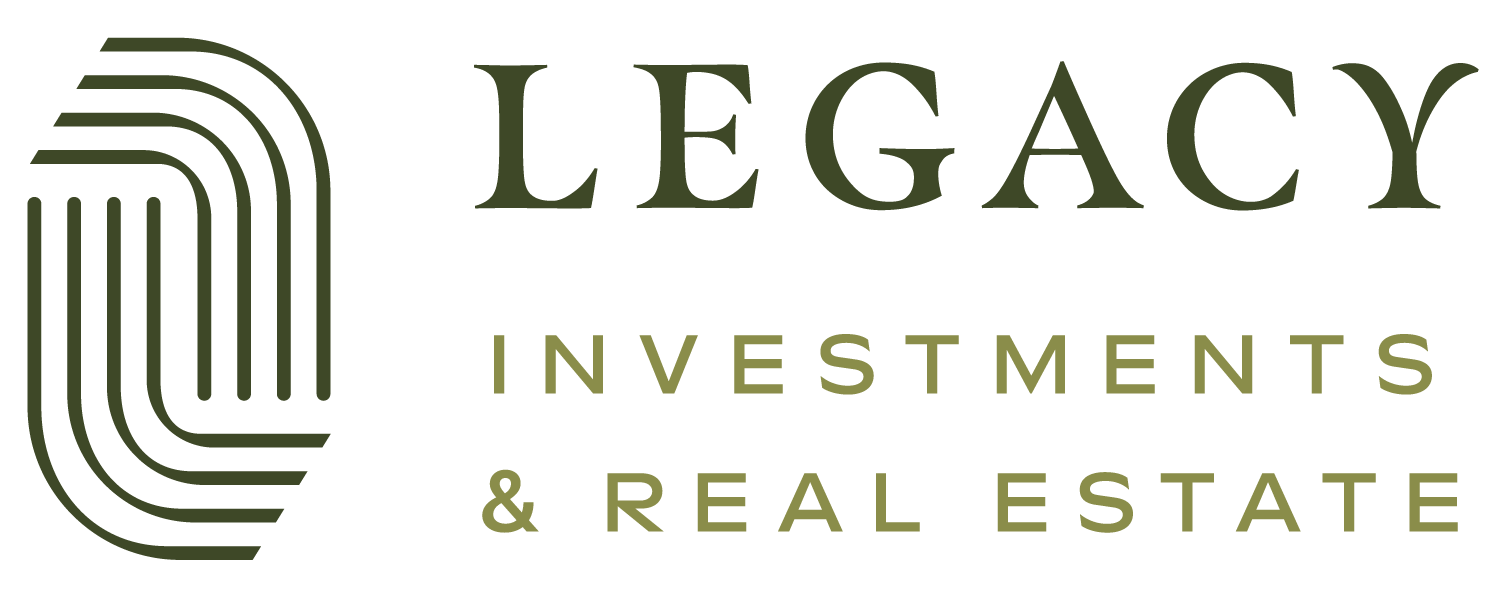Qualifying as an Accredited Investor
Many of the passive real estate investment strategies offered with Legacy are not available to the general public and require you to be an accredited investor. Here are the requirements to qualify for this classification.
An accredited investor is an individual or an entity that can invest in securities that are not registered with financial authorities, such as the Securities and Exchange Commission (SEC). Many of the passive real estate investment strategies offered at Legacy are not available to the general public and require you to be an accredited investor. Often, these investment opportunities may have the potential for higher returns, but also carry an increased level of risk.
At Legacy, we care about your financial well-being and want to ensure the investments you’re considering are aligned with your current financial position and long-term goals. Our team will work with you to verify your qualification as an accredited investor.
We’ll look at your assets, income, liabilities, and expenses to determine your overall net worth. In some cases, financial statements, tax returns, or other types of supporting documentation may be required for accredited investor verification. Our team will provide you with clear guidance if supporting documentation is needed.
Qualifying as an accredited investor helps provide access to additional investment opportunities not available to the general public.
This investor classification is meant to help prove an individual has the sophistication and means to invest in potentially riskier investments. Because this classification requires an investor to have the financial capacity to suffer a total loss, there are specific net worth benchmarks that the person or entity must reach to be considered an accredited investor.
The History of Investor Classification
Implemented after the economic crash of the Great Depression, investment regulations and investor classifications help protect individual investors, entities, and the market as a whole. The rules regarding accredited investors are governed by SEC Rule 501 under Regulation D of the Securities Act of 1933. Known as the “truth in securities” law, this act tightened the rules around misrepresentation in the sale of securities and improved financial disclosure requirements to ensure investors are informed about the investments they are purchasing.
Accredited Investor Requirements
According to the Securities and Exchange Commission, an individual accredited investor is anyone who meets at least one of the following criteria:
Has a net worth over $1 million, either individually or together with a spouse (excluding the value of a primary residence), or…
Earned income of more than $200,000 (or $300,000 together with a spouse) in each of the last two years and reasonably expects to earn the same for the current year, or…
Is a “knowledgeable employee” of a private fund, or…
Is a financial professional who has Series 7, Series 65, or Series 82 financial securities licenses
Note: In August 2020, the SEC expanded its definition of an accredited investor to allow a “spousal equivalent” to be considered when looking at total household income or savings to determine qualification.
If you have already received accredited investor verification, you may choose to obtain a written confirmation about your status as an accredited investor by a licensed attorney or a certified public accountant (both must be licensed and in good standing).
Investment vehicles such as publicly traded real estate investment trusts (REITs), publicly traded stocks, bonds, and mutual funds are available without the need for an accredited investor status and typically don’t require the oversight of a firm like Legacy. However, if you are not an accredited investor or believe you won’t meet the qualifications to receive accredited investor status, we’d still love to discuss a long-term plan and ways to get started with your wealth accumulation.
Legacy Investments & Real Estate is your partner in passive real estate investment.
We are passionate in our pursuit to help every investor build their financial legacy by unlocking the power of passive real estate. Through custom strategies aligned to their unique goals and needs, we provide investors with the potential for all the benefits of real estate investing without the headaches of property management.
Ready for professional, tailored guidance on your passive real estate investment needs?
Other resources you might find helpful
Because investor situations and objectives vary this information is not intended to indicate suitability or a recommendation for any individual investor.
This is for informational purposes only, does not constitute individual investment advice, and should not be relied upon as tax or legal advice. Please consult the appropriate professional regarding your individual circumstance.
Potential cash flows/returns/appreciation are not guaranteed and could be lower than anticipated.
Diversification does not guarantee a profit or protect against a loss in a declining market. It is a method used to help manage investment risk.
There are material risks associated with investing in DST properties and real estate securities including liquidity, tenant vacancies, general market conditions and competition, lack of operating history, interest rate risks, the risk of new supply coming to market and softening rental rates, general risks of owning/operating commercial and multifamily properties, short term leases associated with multi-family properties, financing risks, potential adverse tax consequences, general economic risks, development risks, long hold periods, and potential loss of the entire investment principal.
DST 1031 properties are only available to accredited investors (typically defined as having a $1 million net worth excluding primary residence or $200,000 income individually/$300,000 jointly of the last two years; or have an active Series 7, Series 82, or Series 65). Individuals holding a Series 66 do not fall under this definition) and accredited entities only. If you are unsure if you are an accredited investor and/or an accredited entity, please verify with your CPA and Attorney.
bd-ld-a-1091-9-2023





